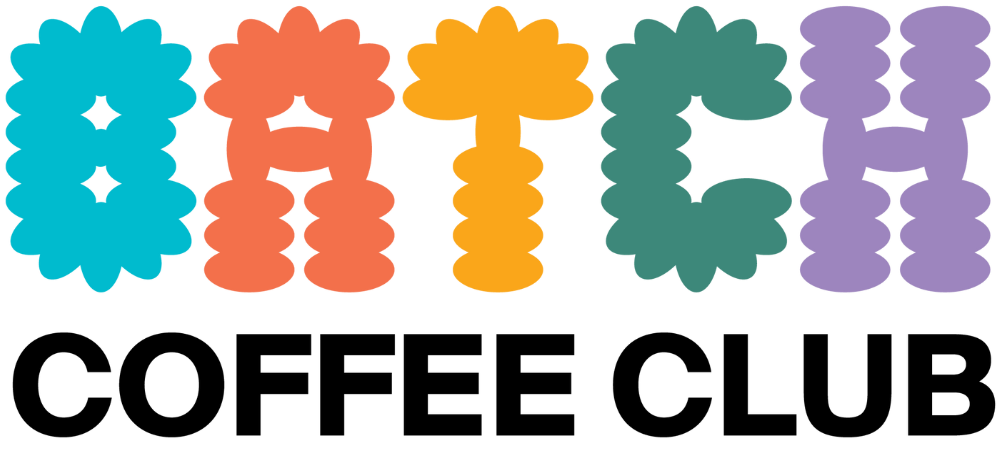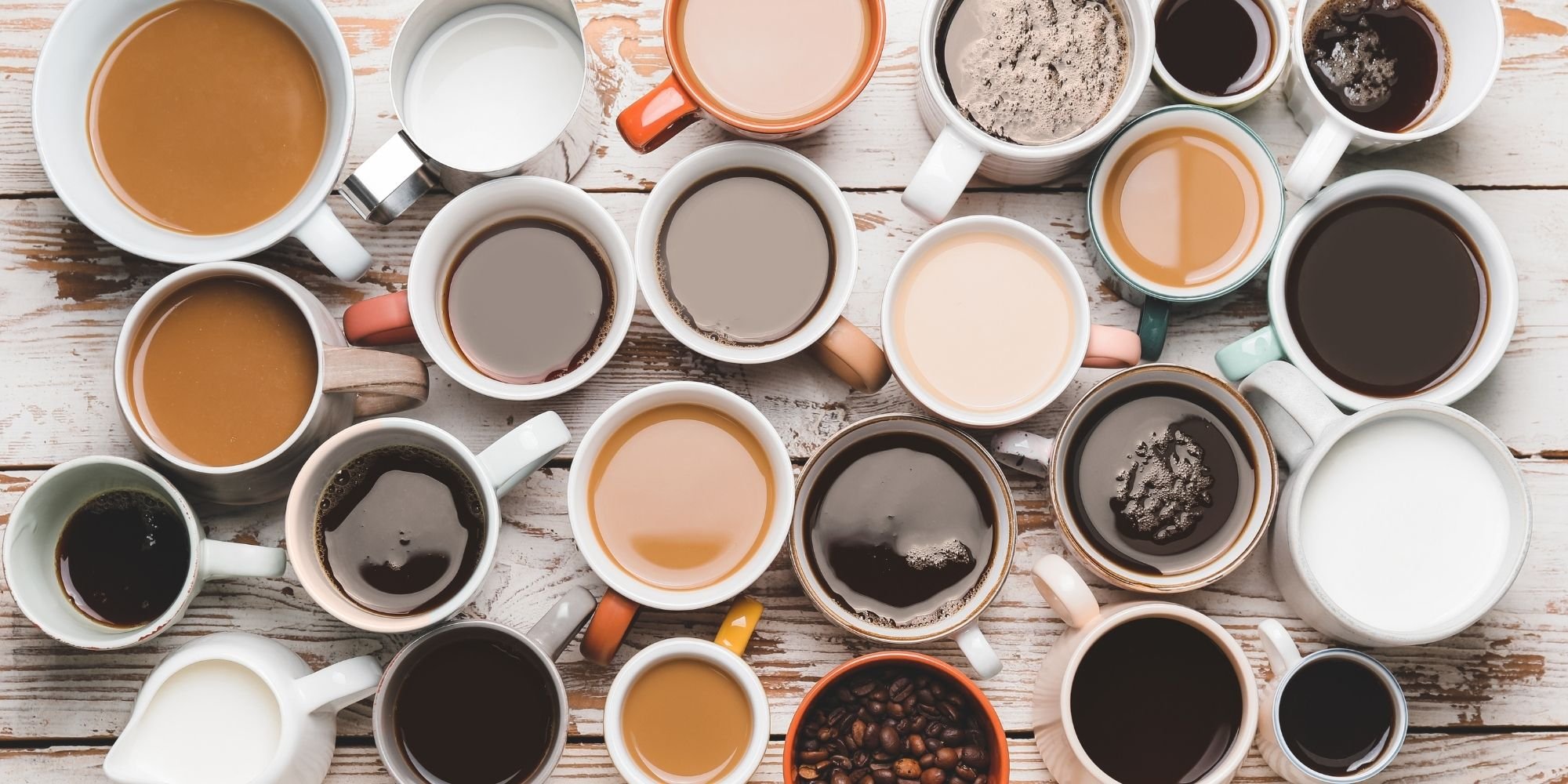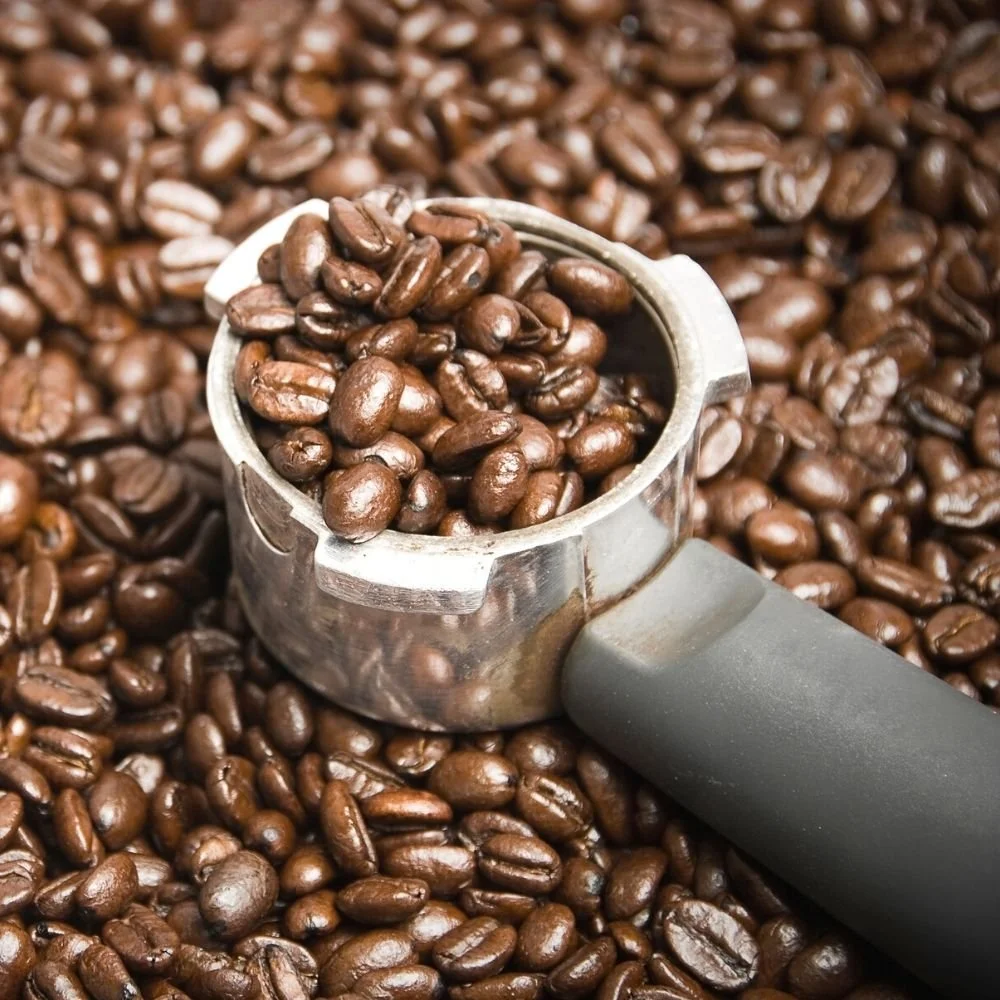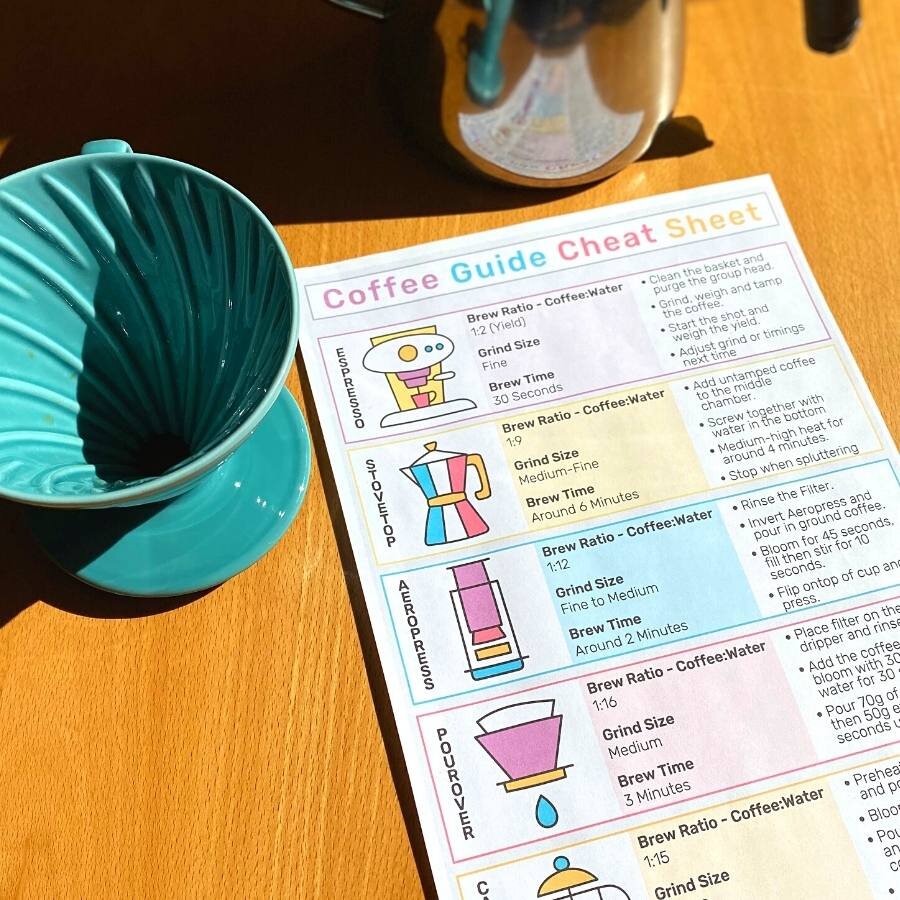How Much Coffee Is Too Much?
Coffee is undoubtedly one of the most popular ways for people across the planet to wake up, but how much coffee is too much?
There are many health benefits linked to the drink – boosted energy levels, improved concentration...
Protection against liver conditions, reduced likelihood of depression, endometrial cancers, Parkinson’s and even Type 2 diabetes –(well, provided you’re not overdoing the sugars, creams and the syrups!).
It may even make your DNA stronger and cause you to live longer!
FREE A2 Coffee Flavour Wheel?
That being said, as with almost anything else, there are diminishing returns and too much might not be so good for us.
How many cups of coffee can you drink per day?
The number of cups of coffee you can drink per day depends on a number of factors – amount of caffeine per cup, your individual tolerance (which can be down to genetics and an acquired tolerance, developed over time), health conditions and age, build and diet.
For healthy adults, around 400 mg of caffeine per day is considered a reasonably safe amount.
This means that on average, provided you don’t suffer from pre-existing health issues, 4 to 5 cups of coffee shouldn’t pose a threat to you. Pregnant women, or individuals with stomach problems or anxiety should drink considerably less.
Do different types of coffee have different levels of caffeine?
Caffeine levels will vary between types of coffee in three different ways.
Firstly, the beans themselves will affect the caffeine content. There are two species of coffee plant, which typically provide the beans for coffee: Robusta and Arabica.
As a rule of thumb, the bitter-earthy tasting Robusta beans, pack twice as much caffeinated punch as their fruity and sweeter Arabica counterparts.
Robusta beans, are usually considered a lower quality and are found in almost any supermarket-ready brand.
Secondly, the method with which the cup of coffee is made will affect the caffeine levels.
Brewed coffee, whether it is filtered, percolator-made, or even a French press will average around between 65-120 mg for a normal 235 ml cup. Pour over coffee – made through the likes of V60s or Chemix devices will be around 95 mg for a 235 ml cup.
Cold brew coffee, often drank in larger measurements like 470 ml will come average at around 200 mg per serving, whilst its Nitro counterpart might jump up to 325 mg for the same size of serving. A single 60 ml shot of espresso will be anywhere between 60-102.7 mg.
Finally, 350 ml of crazy-high caffeinated coffees like Biohazard and Death Wish might jump up to 702-928 mg. It may come as a surprise, but decaf still contains around 2 mg per cup.
On a bean-per-bean basis, both light and dark roasts have the same amount of caffeine, but as dark-roasted beans which have been cooked longer than light roast beans have lost more of their mass, when measured per weight, dark-roasted beans will have a higher caffeine content.
How much coffee can kill you?
Many of us have encountered gruesome articles about what happens when someone routinely guzzles down cans of high-powered energy drinks, with grotesque videos of grossly enlarged hearts which surgeons work frantically on to prevent them from exploding.
It would be fair to say that most of us would prefer not to suffer the same fate from enjoying our favourite hot beverage a little bit more than we should.
Although these energy drink related fatalities or near fatalities may be caused in part due to caffeine, the other stimulants and sugar may play a significant part in these incidents as well.
For caffeine to kill you, you would need to have around 150-200mg per kg of body weight or between 5 to 10 grams of total caffeine. In cup terms, that’s around an insane 42 cups of coffee in a single sitting!
Fatalities from excess caffeine are pretty rare, but caffeine overdoses are a more common cause of poisoning emergencies than you might imagine. Toxic reactions can be caused by having excess of 15 milligrams per litre of blood.
If you are experiencing negative effects from drinking too many cups, you may want to gradually cut down your daily consumption.
How much coffee per day is good for health?
A moderate amount of coffee can be beneficial and may provide a wide range of benefits, but over-consumption can lead to weakened adrenal glands, depleted vital nutrients and hormonal imbalance.
Some people find that drinking more than 4 or 5 cups of coffee can induce various side effects. Headaches, nervousness, irritability, urination issues, fast heartbeat, muscle tremors and stomach issues can all appear.
Those not used to drinking coffee may be more susceptible than more seasoned drinkers, so if you’re new to the warm beverage, take it easy! No shame in enjoying one or two cups spaced out throughout the day.
Still, if you are a big coffee and find yourself experiencing the negative side-effects, it’s good to gradually reduce your intake. Perhaps start by drinking one less cup a day, or switch a couple of your regular caffeinated cups for a some decaff coffee beans.
Also be aware of any medication you’re ingesting – whether they are prescription or simple over the counter painkillers.
Some pharmaceuticals already contain caffeine, whilst some which are used as decongestants may increase the risk of high blood pressure.
A fairly uncommon side effect of over-consumption is an upset stomach, caused by caffeine accelerating stomach acid production.
This may encourage heartburn or other digestive issues and whilst it can sometimes be remedied by proton pump inhibitors is best avoided by keeping tabs on number of cups drank.
Lastly, it’s wise to stop drinking coffee several hours before bed time, to discourage insomnia and to raise your chances of getting a good night sleep. Coffee is not a suitable long-term substitute for lack of sleep.
What happens if you drink too much coffee?
There are a number of fairly common side effects of excess caffeine – anxiety, insomnia, digestive issues, rhabdomyolysis (muscle breakdown), high blood pressure, rapid heart rate, and fatigue and frequent or urgent urination.
Although what constitutes a high dose differs from person to person, a bigger intake doesn’t necessarily mean an increase in the beneficial effects.
Many of these effects stem from dehydration, or excess nutrients being lost from coffee being a diuretic.
Pace yourself.
I’ve drank too much coffee how do I calm down?
Well for a start, don’t drink another cup! Instead, drink a decent amount of water. This will help replace what is peed out. You will also need to replace the electrolytes.
Over the counter supplements like Dioralyte can be pretty beneficial. If you haven’t got some, it might be wise to take a walk to the nearest pharmacy, the fresh air and the walk will do you good and help restore a sense of calmness within you.
Lastly – breathe. Take your time, with gentle, but controlled deep breaths. This should make a world of difference.
What is unhealthy about coffee?
Coffee can be unhealthy if consumed in excessive amounts.
High levels of caffeine can cause increased heart rate, anxiety, and insomnia.
Drinking too much coffee can also lead to dehydration and disrupt the body's electrolyte balance.
Additionally, adding sugar and cream to coffee can increase the calorie and fat content, potentially leading to weight gain.
It's also important to keep in mind that some people may be more sensitive to the effects of caffeine than others. Moderation is key.
Who should avoid caffeine?
Some people should avoid or limit their caffeine intake, including pregnant and breastfeeding women, people with certain medical conditions, and individuals who are sensitive to the effects of caffeine.
Pregnant and breastfeeding women should limit their caffeine intake to less than 200 mg per day, as high levels of caffeine can increase the risk of miscarriage and low birth weight. People with certain medical conditions, such as anxiety disorders, high blood pressure, and glaucoma, should also limit their caffeine intake or avoid it entirely.
Individuals who are sensitive to the effects of caffeine may experience symptoms such as increased heart rate, anxiety, and insomnia. These individuals should also limit their intake or avoid caffeine entirely.
It's important to note that everyone's tolerance and sensitivity to caffeine can vary, so it's best to consult with a healthcare professional to determine the appropriate amount of caffeine intake for your unique needs.

















